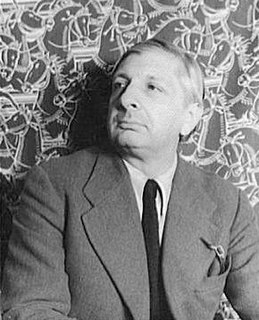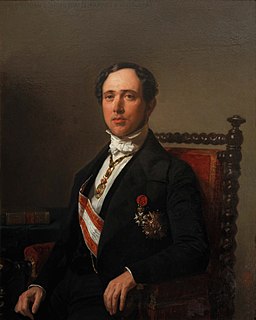A Quote by Victor Hugo
Whenever we encounter the Infinite in man, however imperfectly understood, we treat it with respect. Whether in the synagogue, the mosque, the pagoda, or the wigwam, there is a hideous aspect which we execrate and a sublime aspect which we venerate. So great a subject for spiritual contemplation, such measureless dreaming - the echo of God on the human wall!
Related Quotes
The great and secret message of the experiential mystics the world over is that, with the eye of contemplation, Spirit can be seen. With the eye of contemplation, the great Within radiantly unfolds. And in all cases, the eye with which you see God is the same eye with which God sees you: the eye of contemplation.
I see, therefore, the rentier aspect of capitalism as a transitional phase which will disappear when it has done its work. And with the disappearance of its rentier aspect much else in it besides will suffer a sea-change. It will be, moreover, a great advantage of the order of events which I am advocating, that the euthanasia of the rentier, of the functionless investor, will be nothing sudden, merely a gradual but prolonged continuance of what we have seen recently in Great Britain, and will need no revolution.
The continually progressive change to which the meaning of words is subject, the want of a universal language which renders translation necessary, the errors to which translations are again subject, the mistakes of copyists and printers, together with the possibility of willful alteration, are themselves evidences that human language, whether in speech or print, cannot be the vehicle of the Word of God.
It seems to me that the idea of a personal God is an anthropological concept which I cannot take seriously. I feel also not able to imagine some will or goal outside the human sphere. My views are near those of Spinoza: admiration for the beauty of and belief in the logical simplicity of the order which we can grasp humbly and only imperfectly. I believe that we have to content ourselves with our imperfect knowledge and understanding and treat values and moral obligations as a purely human problem-the most important of all human problems.
There is a word in Old English which belongs wholly to that civilization - "dustsceawung," meaning contemplation of dust. It is a true image of the Anglo-Saxon mind, or at least an echo of that consciousness which considered transcience and loss to be part of the human estate; it was a world in which life was uncertain and the principal diety was fate or destiny or "wyrd."
Catholicity seized on man... and the mystics, transcending all, taught him to ascend on high with the wings of contemplation the Ladder of Jacob composed of brilliant stones, by which God descends to Earth and man ascends to Heaven, till Earth and Heaven, and God and man, burning together in a conflagration of infinite charity, are transmuted into one.





































